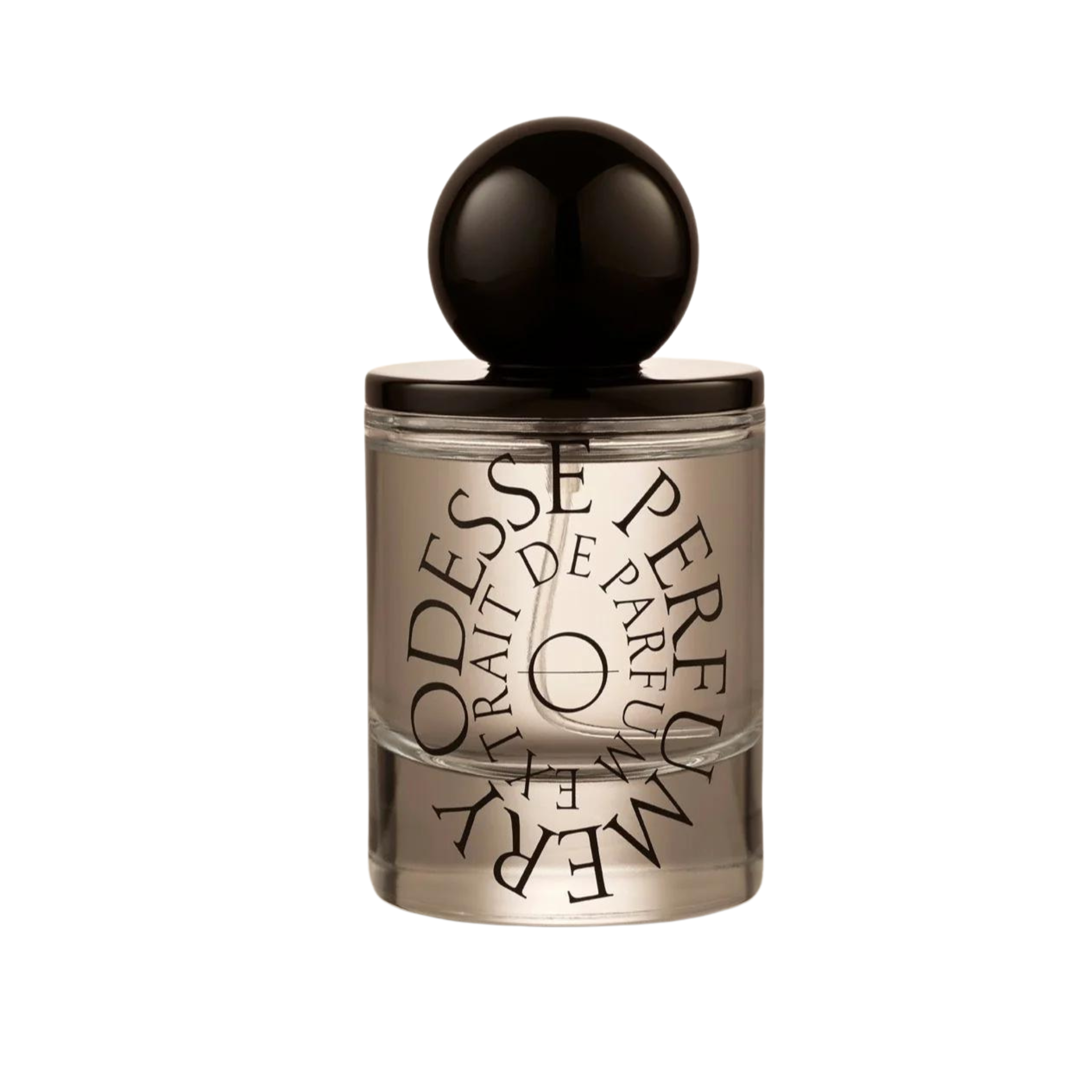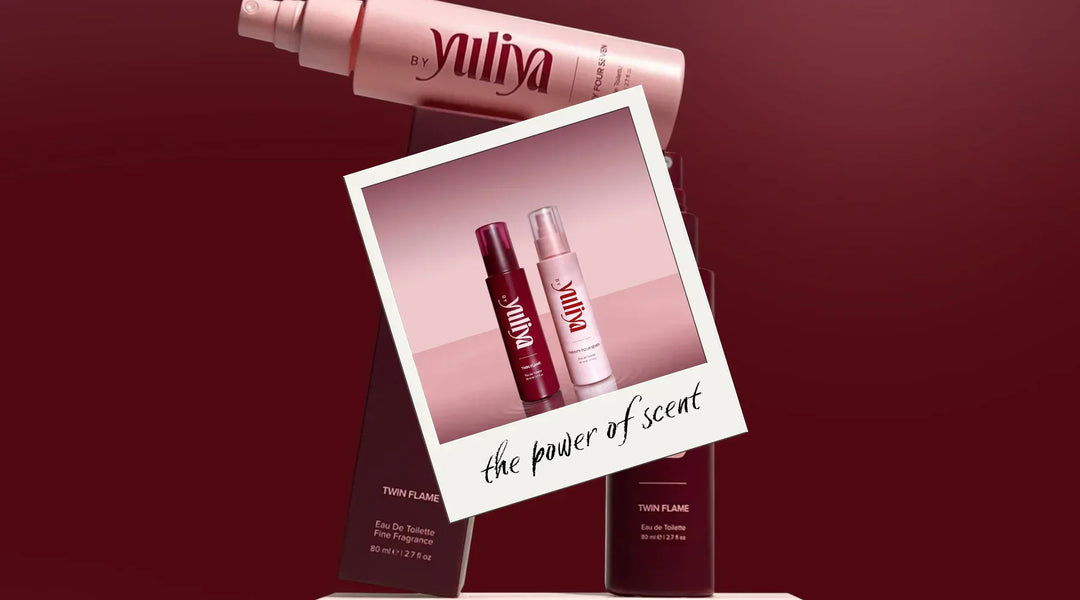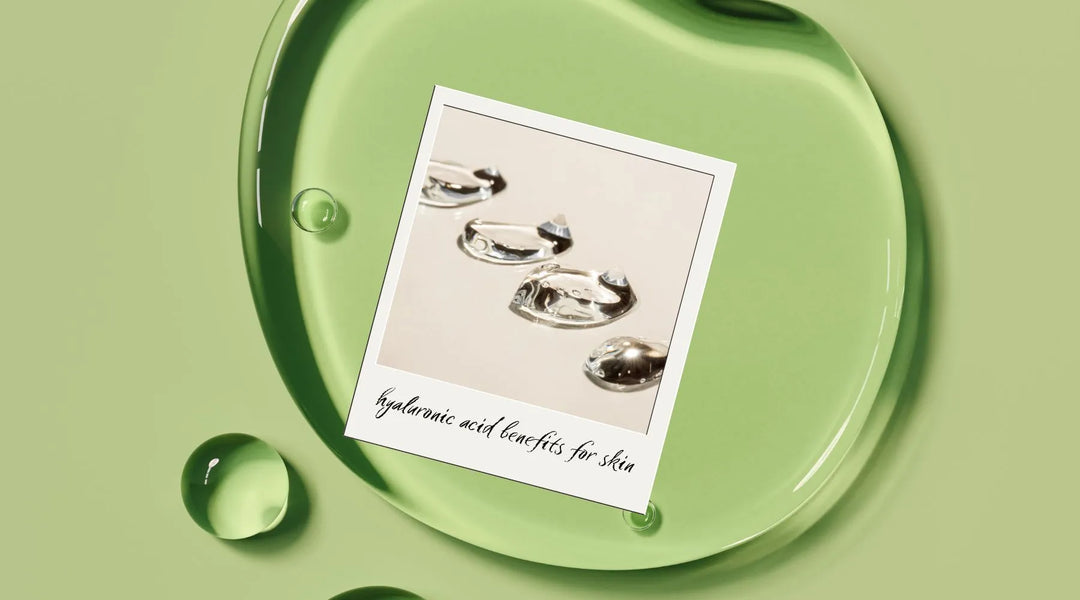Hyaluronic Acid Benefits For Skin
Hyaluronic acid has become a powerful mainstay in skincare for its exceptional hydration benefits and anti-aging effects. This naturally occurring molecule has the unique ability to bind and retain water, making it invaluable for those seeking to keep skin youthful, smooth, and resilient. In this article, we’ll cover what hyaluronic acid does for the skin, how it can benefit different skin types, and how to make it part of your skincare routine.
What Is Hyaluronic Acid?
Before diving into the benefits, it's important to understand what hyaluronic acid (HA) is and why it is so critical for skin health. Hyaluronic acid is a glycosaminoglycan, a fancy term for a naturally occurring substance found throughout the connective tissues of the body. While it can be found in several areas (eyes, joints, etc.), about 50% of the body’s hyaluronic acid is located in the skin. Its primary role is to retain water, keeping tissues well-lubricated and moist.
Unlike other acids commonly used in skincare (such as glycolic or salicylic acid), hyaluronic acid doesn't exfoliate the skin. Instead, it works by binding moisture to the skin's surface. This powerful humectant pulls water from the environment and draws it into the skin, giving you that much-desired hydrated, plump, and dewy look.
What Does Hyaluronic Acid Do for Your Face?
Hyaluronic acid (HA) is a humectant, which means it attracts and holds moisture to the skin. Found naturally in our skin, it plays a crucial role in maintaining hydration levels. The molecule can hold up to 1,000 times its weight in water, making it an incredibly effective moisturizer.
When applied topically, HA penetrates the upper layers of the skin and binds moisture to keep it plump and hydrated. This plumping effect can reduce the appearance of fine lines and wrinkles, making HA a popular ingredient in anti-aging products. Additionally, studies show that HA supports wound healing and helps maintain the skin barrier, making it ideal for sensitive skin.
Another key role of hyaluronic acid is its ability to enhance the skin’s natural protective barrier. This barrier defends the skin from environmental aggressors such as pollution, harmful UV rays, and free radicals, which can lead to premature aging and skin damage.
For those who enjoy natural skincare Australia brands, hyaluronic acid provides essential hydration without clogging pores or leaving a greasy residue, making it suitable for all skin types, including oily and acne-prone skin.
How Does Hyaluronic Acid Help with Different Skin Types?
Dry Skin
For people with dry skin, hyaluronic acid can be a game changer. It draws moisture into the skin, helping it stay hydrated and soft. In fact, because HA naturally depletes in our skin as we age, people with dry or mature skin will particularly benefit from adding a hyaluronic acid serum to their routine.
Oily and Acne-Prone Skin
Contrary to popular belief, oily skin can still be dehydrated. When your skin is deprived of moisture, it may respond by overproducing oil, which can clog pores and lead to breakouts. Incorporating a lightweight hyaluronic acid product can provide much-needed hydration, preventing excessive oil production and helping to balance your skin.
Combination Skin
Combination skin can benefit from HA’s ability to hydrate without leaving a greasy residue. It helps to moisturize dry areas while balancing oilier parts, making it an ideal ingredient for people with both dry and oily skin.
Sensitive Skin
For people with sensitive skin, finding the right skincare ingredients can be tricky. Hyaluronic acid is non-irritating and extremely gentle, making it a safe choice even for the most reactive skin types. It can help soothe and calm irritated skin while providing the moisture that sensitive skin often lacks.
Aging Skin
As we age, our skin loses its natural ability to retain moisture, leading to sagging, fine lines, and wrinkles. By incorporating hyaluronic acid into an anti-aging routine, you can boost hydration, plump the skin, and improve elasticity.
Is It Okay to Use Hyaluronic Acid Every Day?
Yes, hyaluronic acid is gentle enough for daily use, making it a versatile addition to almost any skincare routine. Unlike exfoliating acids, which can be irritating if overused, HA works to improve hydration and maintain the skin’s moisture levels. This is particularly beneficial for individuals living in dry or cold climates, where the skin tends to lose moisture more quickly.
To get the most out of hyaluronic acid, it’s best to apply it to slightly damp skin. This technique enhances HA’s ability to draw in moisture, helping skin look fresh and dewy throughout the day. After applying HA, seal in the moisture with a good moisturiser. For example, pairing a face serum containing HA with Oat Body’s Facial Oil Cleanser Dewy Drops 150ml will help your skin stay hydrated and soft all day long.
How To Apply Hyaluronic Acid in Your Skincare Routine
Hyaluronic acid works best when layered with other hydrating products. Here's a quick guide to incorporating HA into your routine:
-
Cleanse: Start with a gentle cleanser to remove dirt, oil, and impurities from your skin. VAMS Beauty’s Facial Oil Cleanser Dewy Drops 150ml is perfect for this step, especially when paired with hyaluronic acid.
-
Apply HA Serum: After cleansing, apply a hyaluronic acid serum to slightly damp skin. This will help the serum draw in moisture and retain it.
-
Seal with Moisturiser: Follow up with a moisturiser to lock in the hydration. For those looking for a more lightweight option, a gel-based moisturiser works well with HA.
-
SPF Protection: Finish your morning routine with sunscreen. Hydrated skin is more sensitive to sun damage, so don't skip SPF during the day.
Which Is Better, Hyaluronic Acid or Niacinamide?
Hyaluronic acid and niacinamide (Vitamin B3) are both exceptional skincare ingredients but serve different purposes. While hyaluronic acid focuses on hydration, niacinamide works to improve skin tone, reduce oil production, and strengthen the skin barrier. Both are highly effective, and they can complement each other in a skincare routine.
For those with oily or acne-prone skin, niacinamide can help control excess oil and reduce the appearance of pores. Meanwhile, hyaluronic acid is an ideal choice for adding hydration without causing breakouts. Together, they help balance skin, making it smoother, clearer, and more resilient.
Can Hyaluronic Acid Reduce Redness?
Yes, hyaluronic acid can help reduce redness, particularly when it’s caused by dehydration or a compromised skin barrier. Here’s how:
- Hydrates Deeply: Redness can stem from dryness, which makes skin look inflamed. HA hydrates the skin, which can reduce this type of redness.
- Strengthens the Skin Barrier: A weakened skin barrier can make skin more sensitive to environmental irritants. HA helps reinforce the barrier by keeping the skin moisturized and resilient.
- Soothes Irritation: Though HA isn’t an anti-inflammatory, its moisture-boosting properties can calm irritation associated with redness-prone conditions like rosacea or sensitive skin.
Using a clean beauty product with hyaluronic acid can be particularly beneficial for those with sensitive skin, ensuring relief from dryness and environmental stress without harsh additives.
Can Hyaluronic Acid Help with Acne?
While HA doesn’t treat acne directly, it plays an essential supportive role. Many acne treatments, such as benzoyl peroxide and salicylic acid, can be drying, which might lead to increased oil production. HA counteracts this by hydrating the skin, helping it stay balanced. When the skin’s moisture levels are balanced, it’s less likely to overproduce oil, which can help prevent acne from worsening.
Incorporating HA into an acne-focused routine with best Australian skincare products that emphasize gentle hydration can also reduce irritation, boost barrier function, and support skin recovery from acne treatments.
Does Hyaluronic Acid Lighten Skin?
Hyaluronic acid doesn’t directly lighten the skin or reduce pigmentation. However, it enhances skin radiance by improving hydration, making the complexion look fresher and more luminous. HA’s ability to maintain a robust skin barrier helps protect the skin from environmental aggressors, which can contribute to discoloration or dark spots.
For those seeking a brighter complexion, pairing HA with Vitamin C or niacinamide, both known for their brightening effects, may be more effective for lightening dark spots and evening skin tone.
Hyaluronic Acid and Its Interaction with Other Skincare Ingredients
Hyaluronic acid is a versatile ingredient that can be paired with almost any other skincare ingredient to enhance its effects. Here's how it interacts with common skincare actives:
- Vitamin C: Combining Vitamin C and HA can provide powerful brightening and hydration benefits. Vitamin C fights free radicals, and HA ensures the skin stays plump and hydrated.
- Retinol: Retinol can sometimes cause dryness and irritation. Adding HA to a retinol routine can help offset the drying effects and keep the skin hydrated.
- Peptides: Peptides are another anti-aging ingredient that works well with HA. While peptides encourage collagen production, HA keeps the skin hydrated, promoting a youthful appearance.
Product Recommendations from VAMS Beauty
For a hyaluronic acid-powered skincare routine, consider pairing HA with some of VAMS Beauty’s Australian made skincare products for optimal results.
Read More On The VAMS Edit: Best Products for Sensitive Skin: A Guide to Australian Skincare
Get to know us - HERE
Want $100 worth of the best Australian made skincare and beauty products? Subscribe anywhere on the website for your chance to win!








OMG this is my fave ingredient tbh xx
Leave a comment